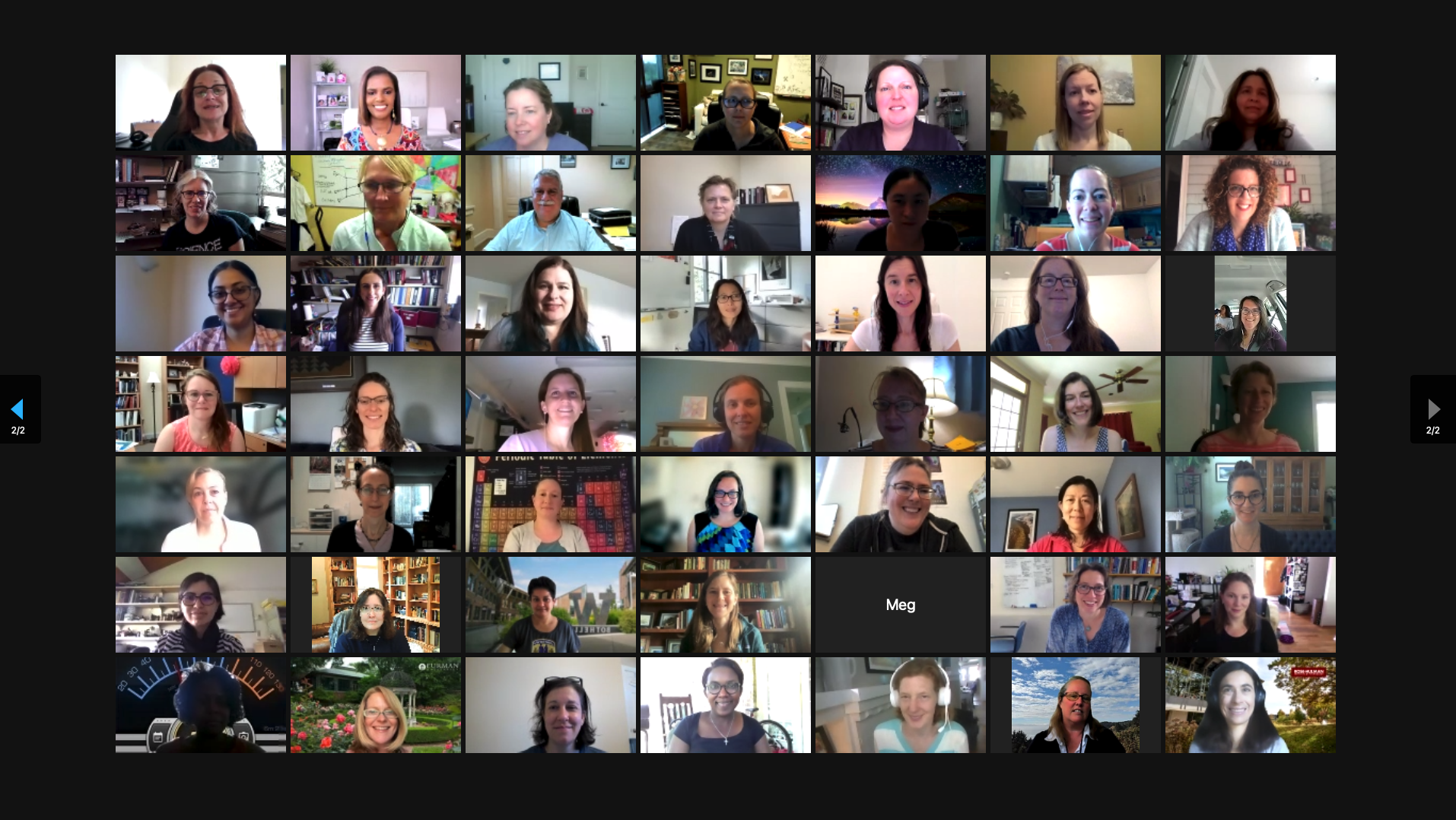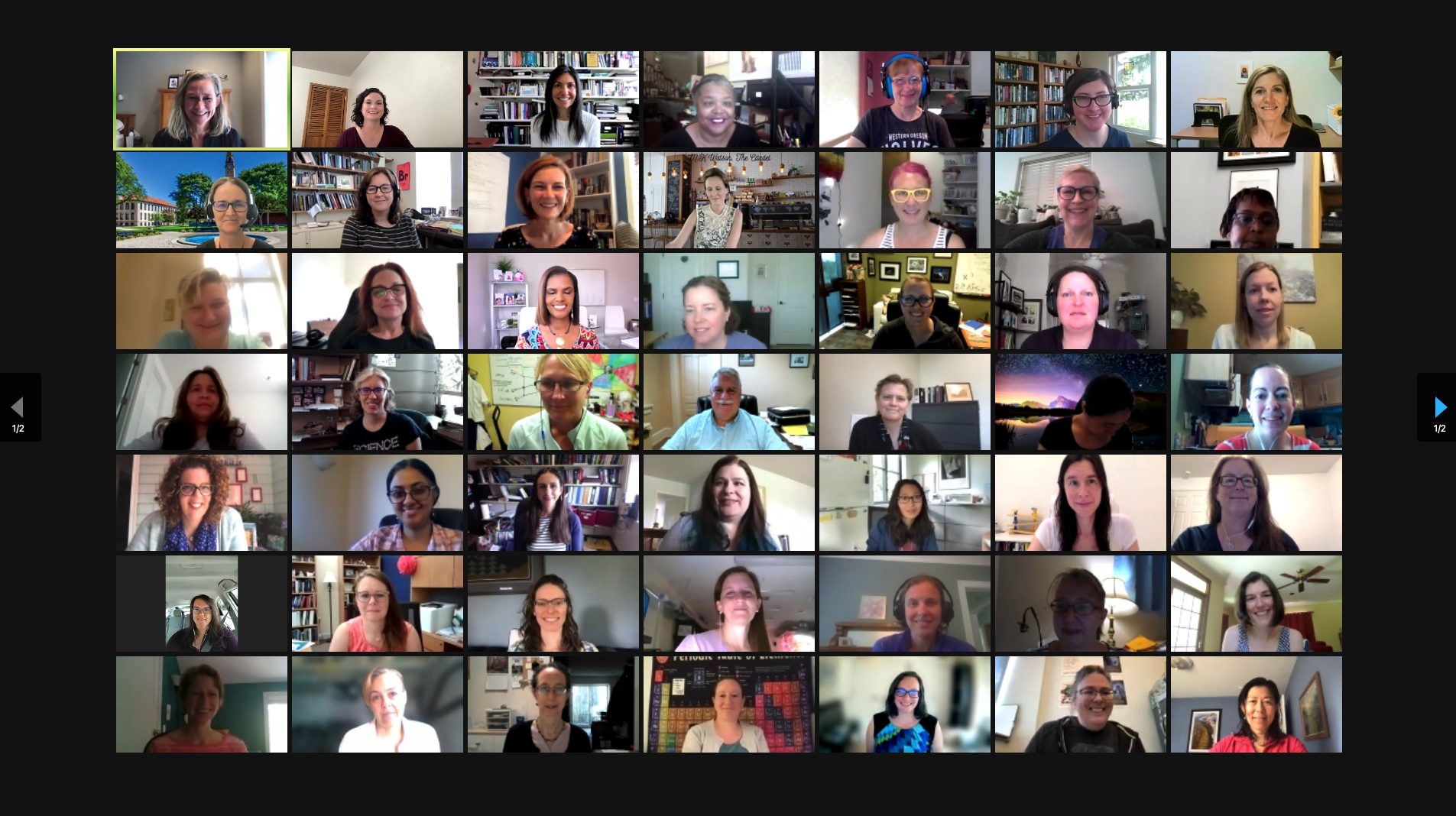ABSTRACT

Willamette University ADVANCE Partnership project called ASCEND: Advancing STEM Careers by Empowering Network Development aims to drive institutional transformation to create environments where diversity is encouraged and supported. Three regional inter-institutional peer mentoring networks for university administrators and mid-career STEM faculty will be formed among a diverse set of primarily undergraduate institutions (public, private, rural, urban, HBCU and military institutions) in the midwestern, southeastern, and western United States. Each Regional Network will be composed of an Administrator Alliance and five discipline-specific Faculty Alliances (four to five participants per Alliance). Faculty participants will identify barriers specific to their professional advancement and will develop and pursue a strategic plan to address these obstacles and advance their careers. University administrators will evaluate existing policies and practices at their collective institutions, taking into consideration intersectional impact factors. In collaboration with faculty, administrators will strategically design and implement comprehensive campus-specific change plans that reduce barriers to equity among faculty in STEM fields, create more equitable communities, and foster the retention and advancement of a diverse STEM faculty population.
This project employs inter-institutional mentoring as a means of effecting systemic change through regional Alliances of diverse faculty and administrators. The project will determine the effectiveness of this regional peer mentoring model in achieving equity in STEM faculty at primarily undergraduate institutions, and will assess its impact on their professional development, productivity, job satisfaction, personal agency, collaborative activities, overall well-being, and career advancement. Furthermore, it will ascertain if Administrator Alliances, working in close association with Faculty Alliances, are an effective strategy for creating institutional policies and infrastructure that promote gender equity. In collaboration with an external evaluation team, outcomes will be assessed using participant surveys, interviews, and focus groups. Additionally, online and regional meeting observations will be conducted as well as analysis of individual and institutional metrics. Issues of intersectionality will be considered in data collection, analysis, and reporting.
The NSF ADVANCE program is designed to foster gender equity through a focus on the identification and elimination of organizational barriers that impede the full participation and advancement of diverse faculty in academic institutions. Organizational barriers that inhibit equity may exist in policies, processes, practices, and the organizational culture and climate. ADVANCE “Partnership” awards provide support to collaborations among STEM professional societies and academic and non-academic non-profit organizations designed to broaden the implementation of evidence-based equity strategies and have a national or regional reach.
This award reflects NSF’s statutory mission and has been deemed worthy of support through evaluation using the Foundation’s intellectual merit and broader impacts review criteria.
Please report errors in award information by writing to: awardsearch@nsf.gov.








